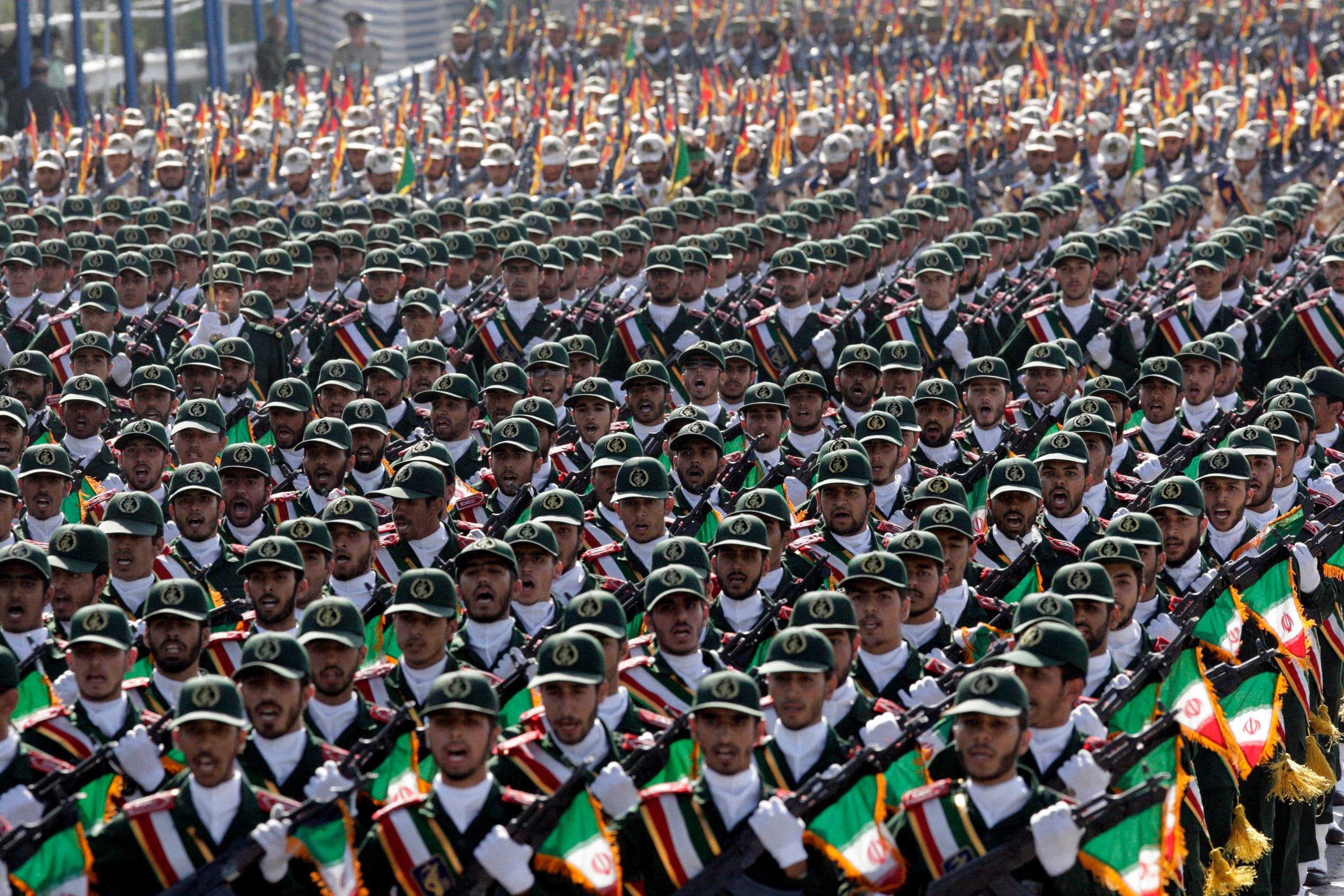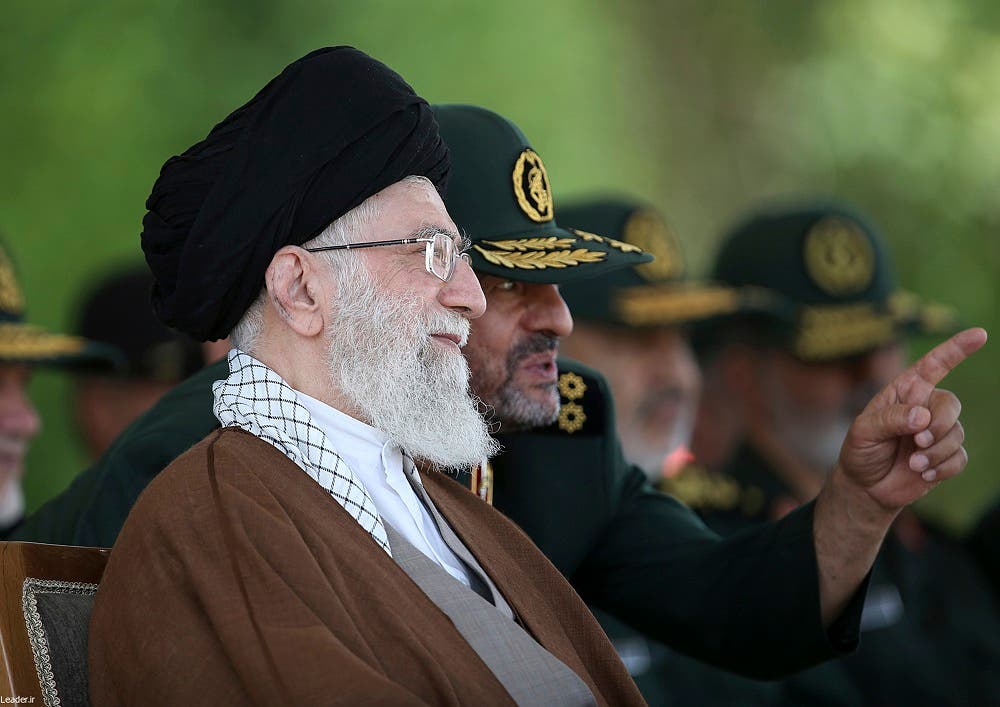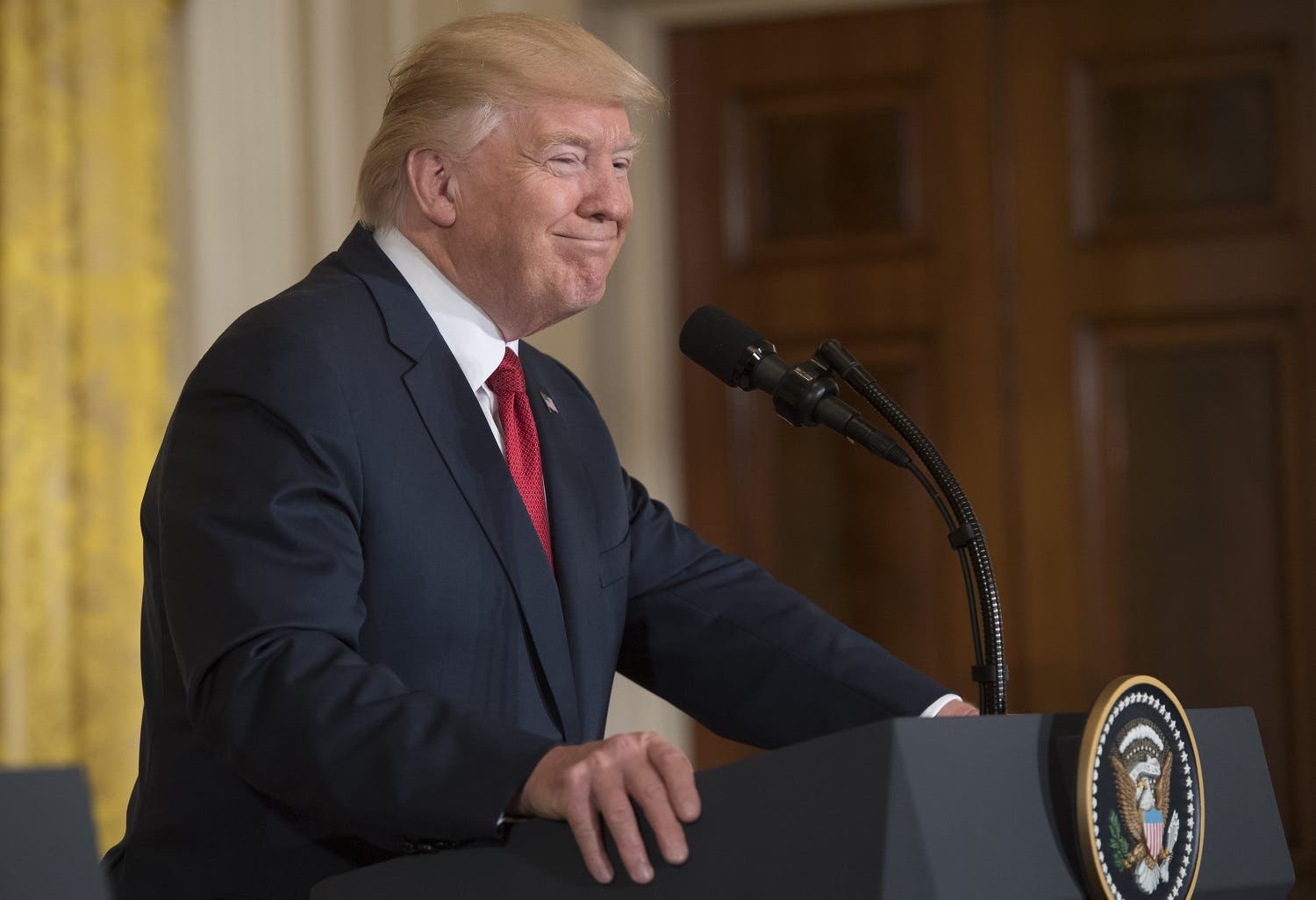16 years have passed since that tragic day, September 11, 2001, when over 3,000 innocent people lost their lives in the “the largest mass casualty terrorist attack in US history.” The course of modern history changed as we know it.
For more than 15 of these past years the policy of appeasement has withheld the international community from adopting the will needed to bring all the perpetrators of this hideous crime to justice.
Iran has a history of fueling foreign crises to avoid responding to its own domestic concerns. 9/11 provided the window of opportunity to derail world attention to other states and buy Tehran crucially needed time.
Unfortunately, the regime ruling Iran has been the main benefactor of the 9/11 aftermath. As a result of two wars in the Middle East the entire region has been left wide open for Tehran to take advantage of and spread its sinister ideology and sectarianism.
It is hence necessary to highlight Iran’s role in 9/11 attacks and demand the senior Iranian regime hierarchy involved in blueprinting and implementing this attack to be held accountable before the law.
Warmongering history
For the past four decades Iran has been ruled by a clerical regime that is simply incapable of providing the society’s needs and demands. To this end, Tehran has resorted to a policy of exporting the “Islamic Revolution” by meddling in neighboring and distant countries to create havoc.
History has recorded how Iraq invaded Iranian territories and caused the beginning of the devastating eight-year-long Iran-Iraq War. Several months before Iraq launched its military attack, Ayatollah Khomeini, accused of hijacking Iran’s 1979 revolution, described then Iraqi leader Saddam Hussein as a “hypocrite” and a “threat for the Iraqi people.”
Khomeini went as far as calling on the Iraqi people to “place their entire efforts behind destroying this dangerous individual” and the Iraqi army to “flee their forts” and to “rise and destroy this corrupt individual, and appoint another individual in his place. We will support you in this regard.”
Fast forward more than two decades, and again with Iraq in its crosshairs, Iran began what has been described as a very complicated effort to literally deceive the US intelligence community.
Ahmad Challabi, dubbed as “The Manipulator” by The New Yorker, was Iran’s front man in feeding the US false information regarding Iraq possessing weapons of mass destruction to justify Washington’s 2003 invasion of Iraq. The war ultimately eliminated the main obstacle before Iran’s hidden occupation of Iraq and full blown meddling across the Middle East.
Looking further west in the region, Iran ordered Bashar Assad in Syria and former Iraqi prime minister Nouri al-Maliki to facilitate the escape of thousands of al-Qaeda prisoners. This development, parallel to the ruthless crackdown of the two countries’ Sunni communities, led to the rise of ISIS.
This entire episode provided Iran the necessary pretext to justify its presence in Iraq and Syria, especially through tens of thousands of proxy forces.

Iran’s Revolutionary Guard troops march, during a military parade commemorating the start of the Iraq-Iran war 32 years ago, in front of the mausoleum of the late revolutionary leader Ayatollah Khomeini, just outside Tehran, Iran, on Sept. 21, 2012. (AP)
The 9/11 facts
A bipartisan commission in Washington investigated the 9/11 attacks reported strong evidence exists showing Iran “facilitated the transit of al-Qaeda members into and out of Afghanistan before 9/11, and that some of these were future 9/11 hijackers.”
Up to 10 of the 14 hijackers involved in 9/11, and specifically behind obtaining control of the four aircrafts, were allowed passage through Iran from October 2000 to February 2001. Reports indicate Iran has a history of ordering certain instructions to not harass transiting al-Qaeda members.
Such documents also show Iran’s offspring, the Lebanese Hezbollah, trained alongside al-Qaeda members during the 1990s, leading to the former possibly adopting the latter’s suicide bombing tactics.
“…al-Qaeda may have collaborated with Hezbollah and its Iranian sponsors in the 1996 bombing of the Khobar Towers, a key American military barracks in Saudi Arabia. Previously, the attack had been attributed only to Hezbollah, with Iranian support,” according to a TIME report.
Evidence shows that five years later, “Iran and Lebanese Shiite group Hezbollah being involved ‘firsthand’ in the 9/11 terrorist attacks,” an Al Arabiya feature said.

Supreme Leader Ayatollah Ali Khamenei with Revolutionary Guard commander Mohammad Ali Jafari on May 20, 2015. (Office of the Iranian Supreme Leader via AP, File)
Facilitation and execution
In early 2016, Judge George Daniels of New York “condemned Iran for facilitating the execution of the terrorist attacks that hit both New York and Washington.” This lawsuit provided an in-depth look into nearly 300 cases of Iran’s involvement in funding terrorism and collaborating with terror organizations, including al-Qaeda.
“The trial revealed that bin Laden, current leader of al-Qaeda Ayman al-Zawahiri, Hezbollah’s Imad Mughniyeh – assassinated in 2008 – and other Iranian attaches had met in Sudan to establish an alliance supporting terrorism,” the piece adds.
To those who may argue Shiite Iran would never support a Sunni al-Qaeda, it is hardly unprecedented to find such backing by Tehran for non-Shiite terror groups. Sunni terrorists that share Iran’s goals, such as Hamas and Islamic Jihad, alongside those who target US interests, have for long enjoyed Iran’s support.
As mentioned above, “Iran also played an important role in supporting al-Qaeda in Iraq, the progenitor of ISIS. As Michael Weiss and Hassan Hassan noted in their 2015 book ‘ISIS: Insider the Army of Terror,’ AQI head Abu Musab al-Zarqawi was ‘based in Iran and northern Iraq’ for ‘about a year’ after fleeing Afghanistan following the arrival of US-led coalition forces in Operation Enduring Freedom,” according to The Washington Times.
As cited earlier, Iran also stands accused of having “foreknowledge of the 9/11 attacks,” according to a 2011 court filing quoting two Iranian intelligence service defectors. These individuals were “in positions that gave them access to sensitive information regarding Iran’s state sponsorship of terrorism,” the piece continues.
The court went on to demand damages due to Iran’s “direct support for, and sponsorship of, the most deadly act of terrorism in American history,” according to The New York Times. The suit also contends that in addition to facilitating the 9/11 hijackers training and travel, Iran and Hezbollah played an important role in the escaping of numerous al-Qaeda operatives by providing safe haven inside Iran.
“… 9/11 depended upon Iranian assistance to Al Qaeda in acquiring clean passports and visas to enter the United States,” the NYT cited Thomas E. Mellon Jr., a former lawyer for the 9/11 victims’ families, saying by quoting ten specialists working on Iran and terrorism.
“I am convinced that our evidence is absolutely real—that Iran was a participant in the preparations for 9/11,” Mellon said in another interview with The Daily Beast.

“Iran has not lived up to the spirit of the agreement, and they have to do that,” Trump said. (AFP)
Lack of will
Iran would have every interest in facilitating the 9/11 attacks to divert international attention onto its rivals, while providing the opportunity for its forces and proxies to take full advantage of rendering mayhem across the region. A glance of the current status in Iraq, Syria, Yemen and Lebanon proves this point.
For too long investigations have failed to shed the necessary light into Iran’s role into the 9/11 attacks. Even the Commission, accused of never properly grappling the question of Iran’s knowledge prior to 9/11, nearly neglected very important facts gathered by the US National Security Agency about Tehran’s deep involvement in this regard.
The Commission “failed to delve into the files of the National Security Agency, where the Iran intelligence was waiting to be discovered, until the final stages of the commission's inquiry,” according to Philip Shenon’s The Daily Beast article.
“… my suspicions are that the Iranians were probably much more involved than we are led to believe,” Middle East political scientist Dr. Joseph A. Kéchichian said to Al Arabiya.
Staffers formerly working for the 9/11 commission have complained that much of the remaining NSA’s pre-9/11 terrorism database has gone un-reviewed to this very day. This goes as far as suggesting a long slate of 9/11 secrets may have remained hidden for the past 16 years. Do we not owe more to the 9/11 victims and their families?
There is promise seen in the new US administration as it continues to turn up the heat on Iran. Yet until a lack of will prevents the launching of a new genuine inquiry into Iran’s involvement in the 9/11 attacks, it is up to us writers and journalists to dig deep and expose Tehran’s relations with terror groups across the globe, especially those involved in the horrific acts that changed our world 16 years ago today.
All this becomes ever so necessary as Tehran covertly pursues its nuclear weapons drive and overtly seeks payload delivery capability through ballistic missiles. We must learn from the mistakes made in regards to North Korea and go the limits to prevent a rogue regime such as Iran from going down the same path.
















